
St Mary’s Primary School on Dorset Street is to be divested from the Catholic Archdiocese of Dublin from today.
It follows a pilot consultation process regarding the patronage of primary schools in March 2022.
Twenty-nine schools in Dublin Diocese participated in the consultation process by independent facilitators appointed by Minister for Education Norma Foley.
In an initial stage, the school community opted to change to new school patronage. Following this, the school community then expressed a preference that the school become an Educate Together (ET) school.
It is the first Catholic school in the State to transfer to ET. Other examples of transfer of patronage include St Enda’s in Dublin which passed from the Carmelite order to the City of Dublin Education and Training Board (CDETB).
Archbishop of Dublin Dermot Farrell said that following the consultation process, he accepted the recommendation that St Mary’s School be divested. He thanked the parents, principal, teachers, staff and Board of Management of St Mary’s School for participating in the process.

One of the organisers, Bogusław Kiernicki, told the crowd on Castle Square in Warsaw’s old town, “it is not an [act of] grace that we allow a child to be born; it is their sacred right.”
The march took place on Sunday and followed Friday’s votes by the Sejm, the more powerful lower house of parliament, in favour of further legislative work on rival bills aimed at ending Poland’s near-total abortion ban.
While two of those bills would allow unrestricted abortion up to 12 weeks, a third bill from a more conservative party of the Government coalition would return the law to its pre-2021 form: restoring abortion when the unborn child is diagnosed with a serious disability.
That proposal has the support of the most powerful members of Poland’s opposition: Jarosław Kaczyński, the leader of the Law and Justice party (PiS) and Mateusz Morawiecki, the former Prime Minister. This represents a u-turn by both. They had previously supported the 2021 ban on abortion due to disability, describing the practice as ‘eugenics’.
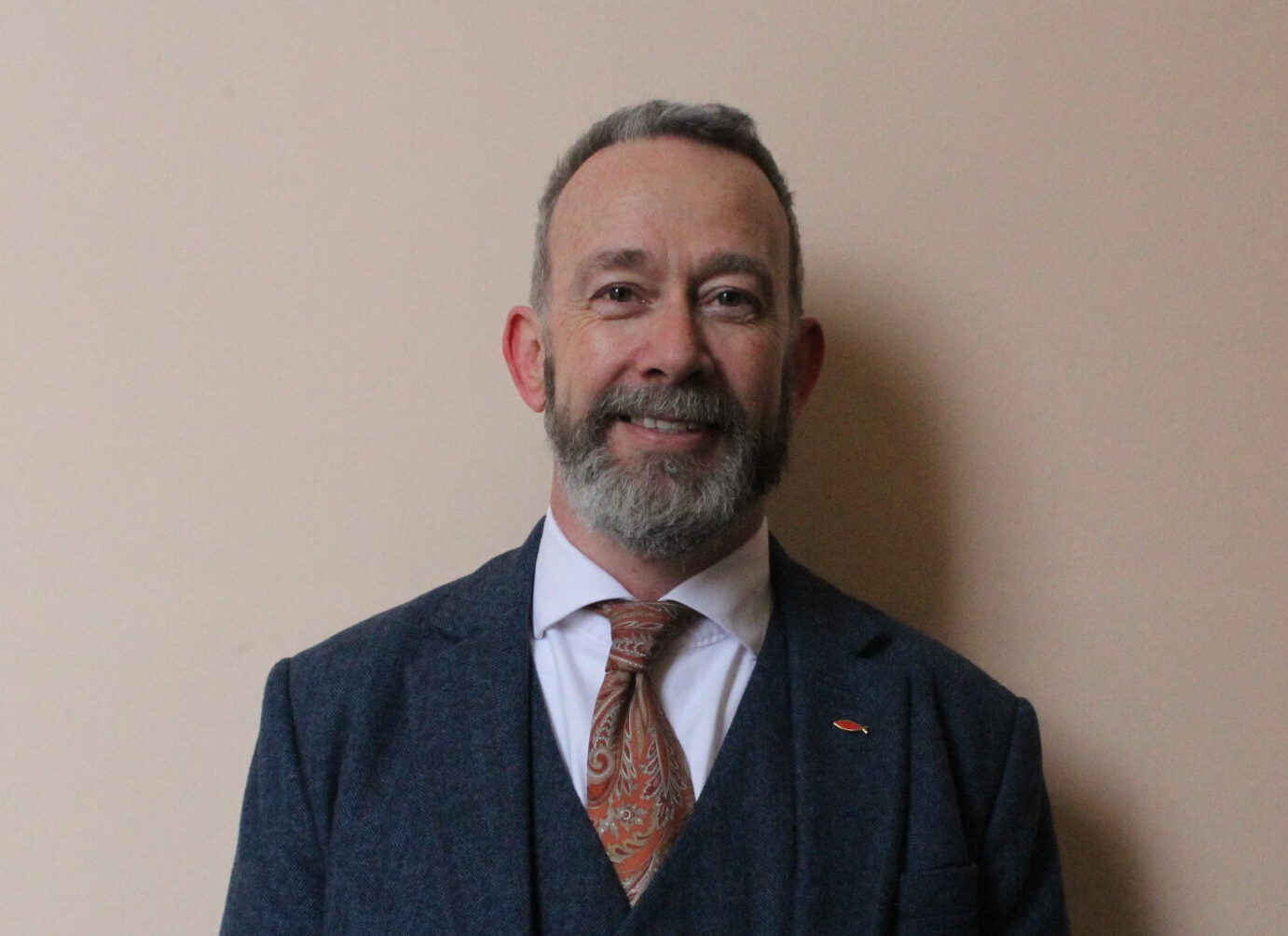
Catholic primary schools will continue to require a religious education certificate of teachers despite pressure from some secular activists to remove it, said the head of the Catholic Education Partnership (CEP).
This comes after members of the Irish National Teachers’ Organisation (INTO) who attended the recent AGM of the organisation asked their union to lobby the Church for its removal.
CEO of the CEP Alan Hynes told The Irish Catholic that in Catholic schools teachers “need to have the necessary qualifications certificates to teach religious studies and that simply is just a necessary qualification to teach in our schools.”
The INTO delegates also voted to conduct a survey among members within the next year on various issues relating to religious patronage including the role of schools in faith formation and their experiences with religious and secular patronage systems.
Mr Hynes questioned why the INTO would be conducting a survey along this vein when the Department of Education is shortly about to engage in a nationwide survey asking opinions of parents and school staff – which include INTO members.
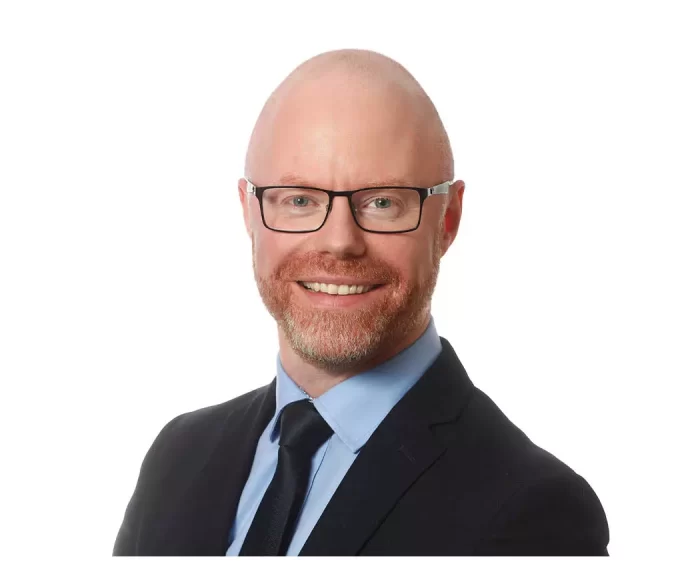
Mr Donnelly will expand the free contraception scheme to all women aged 35 and under during the summer.
Giving the pharmacies the responsibility for prescribing the pill will come at a later date and a doctor’s prescription will still be required until that happens. However, GP visit fees are covered by the State under the scheme.
Mr Donnelly is expected to flag the expansion of the scheme at this weekend’s Fianna Fáil Ard Fheis but the measure is also contained in a new Women’s Health Action Plan that is set to be launched next week.
The minister introduced his free contraception scheme in September 2022 to women aged 15-25 and has extended eligibility in a number of phases since.
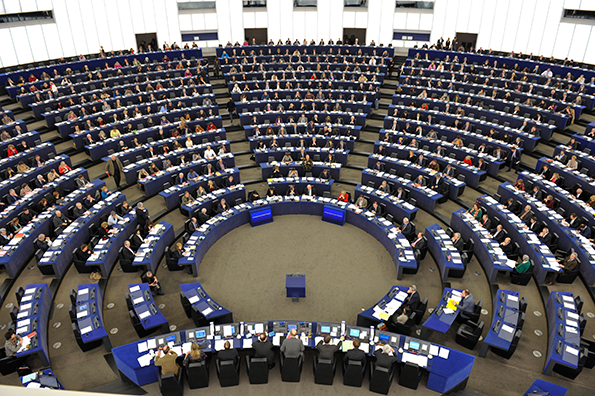
Just over half the Members of the European Parliament, including 12 out of 13 Irish MEPs, in a non-binding vote, called for a ‘right’ to abortion to be inserted into the EU’s Charter of Fundamental Rights.
Criticising the motion, Adina Portaru, Senior Counsel for ADF International in Brussels, said it goes so far as “to denounce medical doctors in Italy, Slovakia and Romania who object to performing abortions – in clear violation of their right to freedom of conscience, and in deliberate ignorance of their researched medical judgement”.
“The European Union is not called to change abortion policies internationally, nor inside member states, and in reality, a non-binding resolution like this has no power to amend the EU Charter on Fundamental Rights”, she said.
“Poland, where mothers and babies are widely protected in law, has one of the lowest maternal mortality rates in the world. Malta, similarly, has seen zero maternal deaths from any cause in the last ten years. Hungary has implemented wide-ranging policies to better support and empower parents to raise their children. Instead of promoting a procedure which ends the lives of children and can cause harm to women, Europe should empower mothers, protect babies, and support families to thrive.”

The HSE will review a new landmark report in the UK on the treatment of children suffering from gender dysphoria as part of the development of an updated clinical programme for gender healthcare in Ireland, it has said.
The Cass review has found too much use of puberty blockers by the Tavistock clinic, which are medically unproven, and then sex hormones, for children who often have other mental health difficulties such as autism. Critics of the clinic say that it is too quick to transition children. The HSE has sent dozens of Irish children to the clinic despite misgivings by doctors here.
The HSE often uses guidelines developed in the US called ‘Wpath’. ‘Wpath’ is accused of being overly influenced by gender activists.
The Cass Review, published on Wednesday by Dr Hilary Cass, found that thousands of vulnerable children questioning their sexual identity had been let down by the NHS providing unproven treatments.
The HSE said in a statement on Wednesday that the development of an updated model of care will be informed by “emerging and evolving international evidence”, including Dr Cass’s report.
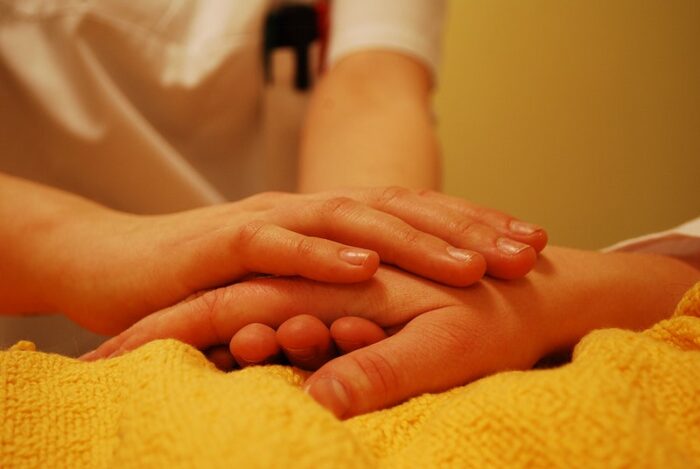
A survey into the quality of care provided to loved ones at the end of their lives found positive experiences across several areas.
The National End of Life Survey was conducted in partnership between the Health Information and Quality Authority, the Health Service Executive and the Department of Health following a recommendation of the Covid-19 Nursing Homes Expert Panel.
Of the people who registered the death of a family member or friend that occurred between September and December 2022, 4,570 took part in the survey.
The survey found that most participants had confidence and trust in the healthcare staff who were caring for their relatives or friends.
They also felt staff explained their relative or friend’s condition and care in an understandable way.
Almost 74% of participants rated the care that their relative or friend received at the end of their life as ‘very good’, 15% rated it as ‘good’, while 11% said that their relative received ‘fair’ to ‘poor’ care.

Former Attorney General, Senator Michael McDowell, has called for the immediate end to the prescription of puberty blockers after a UK Report found no evidence to support their use in children with gender dysphoria.
In a statement released today, Senator McDowell said he has for years “publicly raised grave concerns about this practice for which Dr Cass has now found ‘no good evidence’ to support its continued use as a treatment pathway for vulnerable gender-questioning children”.
“I am today calling on the Minister for Health and the HSE to immediately discontinue in the public health service the prescription of puberty blockers. I also call on the Irish Medical Council to issue a statement that pending the conduct of a review which needs to commence immediately that medical practitioners, including clinical psychiatrists in public and private practice, are to discontinue their use until further notice,” he said.
He added: “The long term consequences of these experimental treatments are completely unknown and Irish children must be protected whilst being treated with care and compassion.
The UK experience must now act as an urgent wake-up call to Irish law makers, medical professionals, parents and all who care for and about Irish children”.
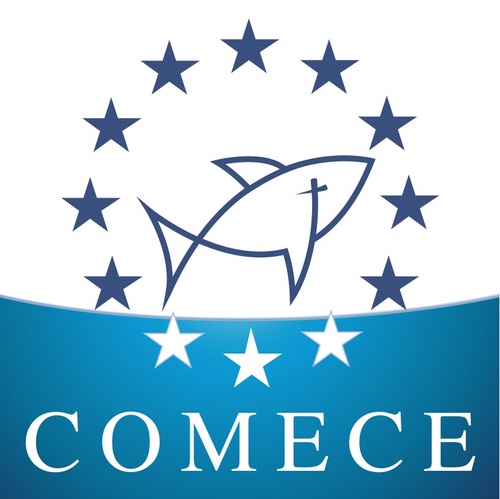
There is no right to abortion and any attempt to insert one into the EU’s fundamental charter of human rights would be an ‘ideological imposition’, according to the Bishops of the European Union.
Ahead of a vote by the European Parliament on the Resolution for the ‘Inclusion of the right to abortion in the EU Charter of Fundamental Rights’, the Presidency of the Commission of the Bishops’ Conferences of the European Union (COMECE) said the promotion of women and their rights is not related to the promotion of abortion.
On the contrary, they say the right to life is the fundamental pillar of all other human rights, “especially the right to life of the most vulnerable, fragile and defenceless, like the unborn child in the womb”.
They add that the European Union must respect the different cultures and traditions in the Member States and their national competences and “cannot impose on others, inside and outside its borders, ideological positions on the human person, sexuality and gender, marriage and family.
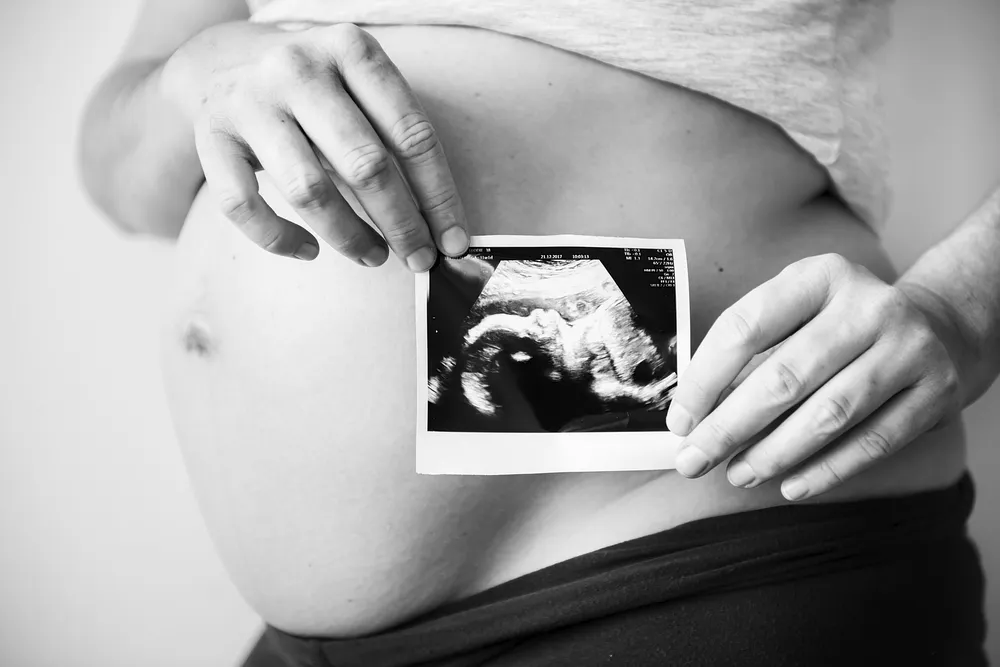
More than half of the UK public oppose MPs’ plans to decriminalise abortion ahead of a major vote that could liberalise the law for the first time in a generation.
Exclusive polling shows 55 per cent of adults agree that it should remain illegal for a woman to abort a healthy baby after the current 24-week time limit. Only 16 per cent, fewer than one in six, agreed with the plans while 29 per cent said they preferred not to say or did not know.
More women than men believed it should remain a criminal offence, by a ratio of 57 per cent to 54 per cent. Seven in 10 adults (71 per cent) also agreed a year-long jail sentence for a woman last year who aborted her baby at between 32 and 34 weeks was “about right or too short”. Only 20 per cent thought it too long.